Charles Darwin: The Evolutionary Icon
Introduction: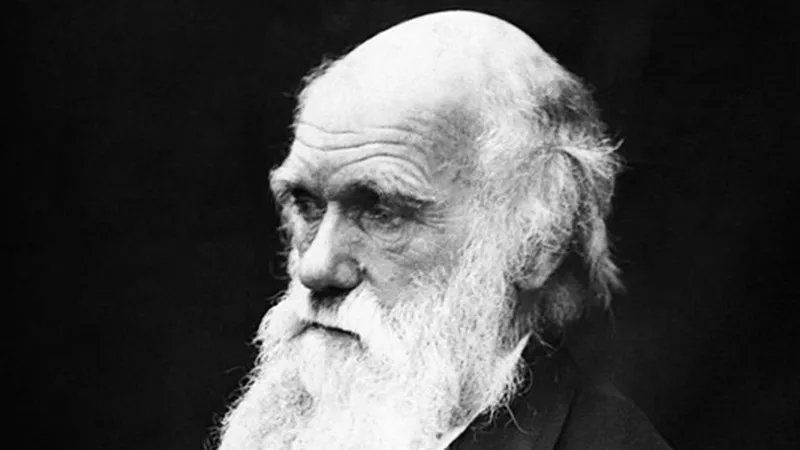
Charles Darwin, the British naturalist, is a towering figure in the history of science, particularly known for his groundbreaking work on the theory of evolution. Born in 1809, Darwin’s ideas revolutionized our understanding of life on Earth and continue to shape scientific inquiry and discourse to this day. This essay delves into the life, work, and legacy of Charles Darwin, highlighting his contributions to biology and the profound impact of his ideas on the world.
Early Life and Education:
Charles Robert Darwin was born on February 12, 1809, in Shrewsbury, Shropshire, England. He was the fifth of six children born to Robert Darwin, a successful physician, and Susannah Darwin. From an early age, Darwin showed an interest in the natural world, collecting specimens and observing nature during his childhood.
In 1825, Darwin enrolled at the University of Edinburgh to study medicine, following in his father's footsteps. However, he found the medical curriculum uninteresting and decided to pursue his passion for natural history instead. He transferred to Christ's College, Cambridge, in 1828, where he studied under prominent naturalists such as John Stevens Henslow and became deeply influenced by the ideas of geologist Charles Lyell.
Voyage of the Beagle: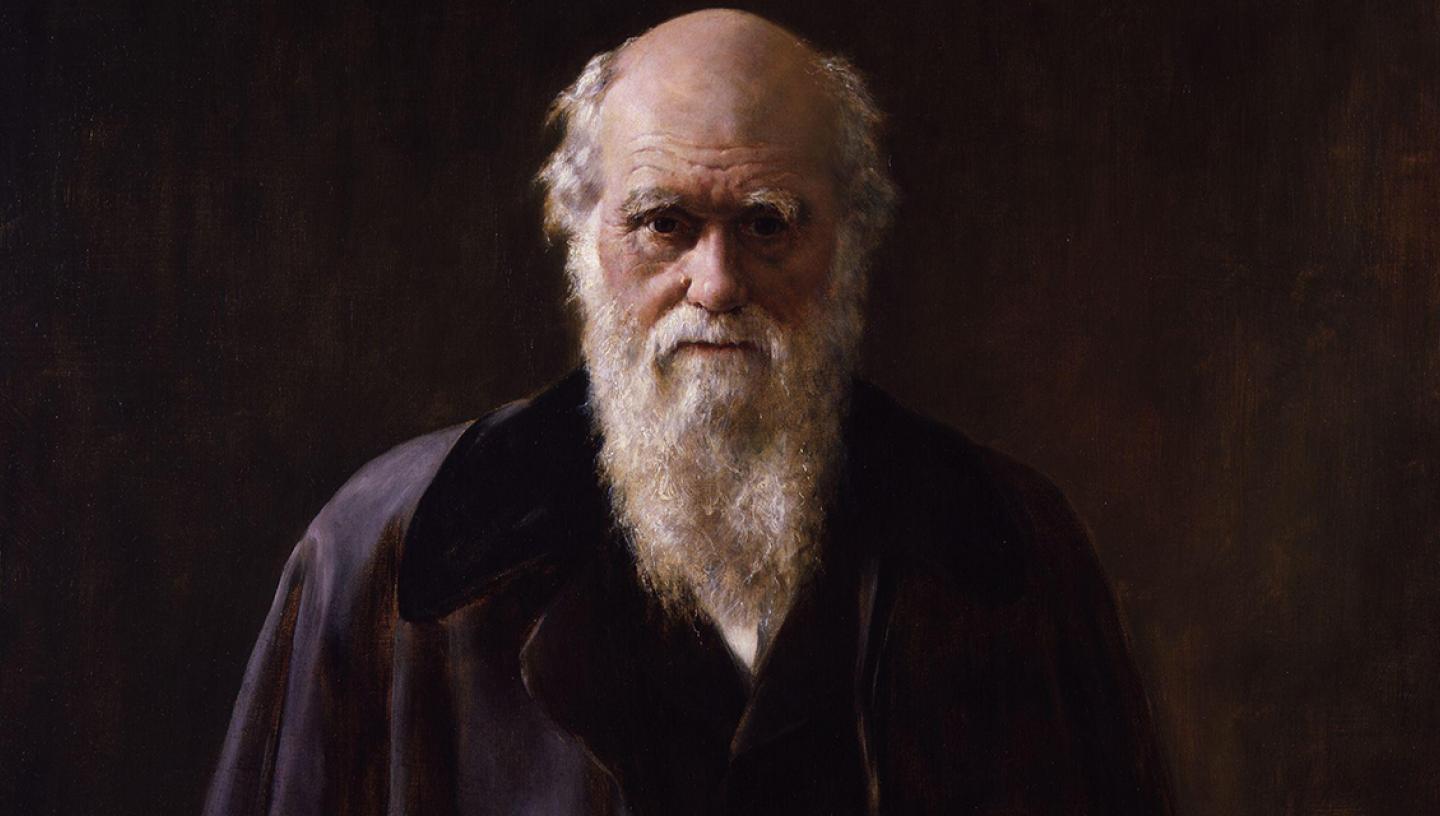
One of the defining moments in Darwin’s life came in 1831 when he embarked on a five-year voyage aboard HMS Beagle as a naturalist and companion to Captain Robert FitzRoy. The primary objective of the voyage was to chart the coastline of South America, but it would profoundly impact Darwin’s scientific thinking.
During the voyage, Darwin made numerous observations and collected specimens from diverse regions, including the Galápagos Islands. His observations of the unique flora and fauna of the Galápagos, particularly the finches, would later contribute significantly to the development of his theory of evolution by natural selection.
Development of Evolutionary Theory:
Upon returning to England in 1836, Darwin began to meticulously analyze his notes and specimens from the voyage. His observations, combined with insights gained from reading Thomas Malthus's essay on population, sparked the formulation of his theory of evolution by natural selection.
In 1859, Darwin published his seminal work, "On the Origin of Species by Means of Natural Selection," in which he presented his theory of evolution. Darwin proposed that species evolve over time through a process of natural selection, where individuals with advantageous traits are more likely to survive and reproduce, passing those traits on to future generations.
Darwin’s theory challenged prevailing views of creationism and the fixity of species, generating widespread controversy and debate. However, over time, his ideas gained acceptance as mounting evidence from various fields, including paleontology, genetics, and comparative anatomy, supported the concept of evolution.
Legacy and Impact: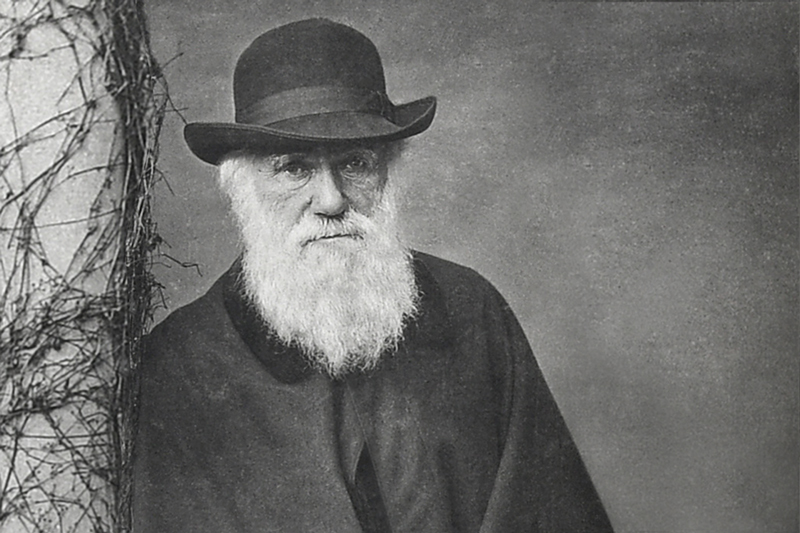
Charles Darwin’s contributions to science extend far beyond the theory of evolution. His work laid the foundation for modern biology, providing a unifying framework that explains the diversity of life on Earth. Darwin’s emphasis on the interconnectedness of all living organisms has also influenced fields such as ecology and conservation biology.
Furthermore, Darwin’s ideas have had profound implications beyond the realm of science, shaping our understanding of human nature, society, and ethics. The concept of natural selection has been applied to fields such as economics, psychology, and sociology, contributing to the development of evolutionary psychology and behavioral sciences.
Despite his significant contributions to science, Darwin faced criticism and controversy during his lifetime, particularly from religious circles opposed to his theory of evolution. However, his legacy endures, and he is widely regarded as one of the most influential figures in the history of science.
Charles Darwin’s impact on our understanding of the natural world and our place in it cannot be overstated. His theory of evolution by natural selection revolutionized biology, providing a framework that continues to shape scientific inquiry and inspire generations of researchers. Beyond his scientific contributions, Darwin’s ideas have had far-reaching implications for our understanding of life, society, and the human condition. As we reflect on his legacy, we recognize Darwin not only as a brilliant scientist but also as a visionary thinker whose ideas continue to resonate in the modern world.
Darwin's legacy extends beyond his scientific achievements; it encompasses his role as a cultural and intellectual icon whose influence permeates various aspects of society. His work challenged entrenched beliefs about the origins of life and human existence, sparking debates that transcended the boundaries of science and religion.
One of Darwin's enduring legacies is his emphasis on empirical evidence and the scientific method. His meticulous observations and rigorous analysis set a standard for scientific inquiry, inspiring generations of researchers to follow in his footsteps. Darwin demonstrated the power of observation, experimentation, and critical thinking in unraveling the mysteries of the natural world.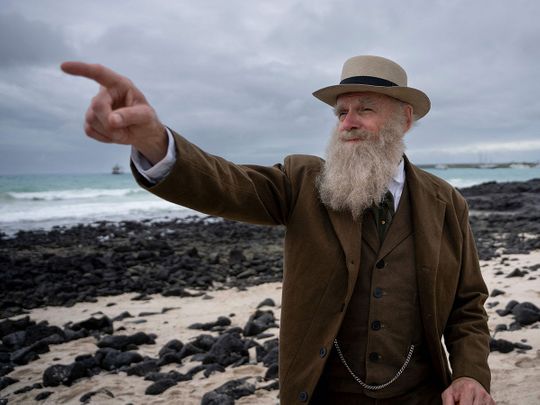 Moreover, Darwin's theory of evolution by natural selection revolutionized our understanding of biodiversity and species relationships. By proposing a mechanism for how species change over time, Darwin provided a unifying explanation for the diversity of life on Earth. His insights into adaptation, speciation, and common descent laid the groundwork for modern evolutionary biology, shaping our understanding of biological processes at all levels of organization.
Moreover, Darwin's theory of evolution by natural selection revolutionized our understanding of biodiversity and species relationships. By proposing a mechanism for how species change over time, Darwin provided a unifying explanation for the diversity of life on Earth. His insights into adaptation, speciation, and common descent laid the groundwork for modern evolutionary biology, shaping our understanding of biological processes at all levels of organization.
Darwin's influence also extends to fields beyond biology, including philosophy, literature, and ethics. His ideas challenged anthropocentric views of humanity's place in the universe, highlighting the continuity between humans and other forms of life. Philosophers such as Herbert Spencer and thinkers like Thomas Henry Huxley applied Darwinian principles to social and ethical contexts, giving rise to social Darwinism and debates about the nature of morality and human progress.
In literature, Darwin's theories inspired writers and artists to explore themes of evolution, adaptation, and the human condition. Works such as H.G. Wells' "The Time Machine" and Aldous Huxley's "Brave New World" grapple with the implications of Darwinian evolution for society and individual identity. Darwin's ideas also influenced the development of modernist literature, as writers sought to capture the complexity and ambiguity of human existence in a world shaped by evolutionary forces.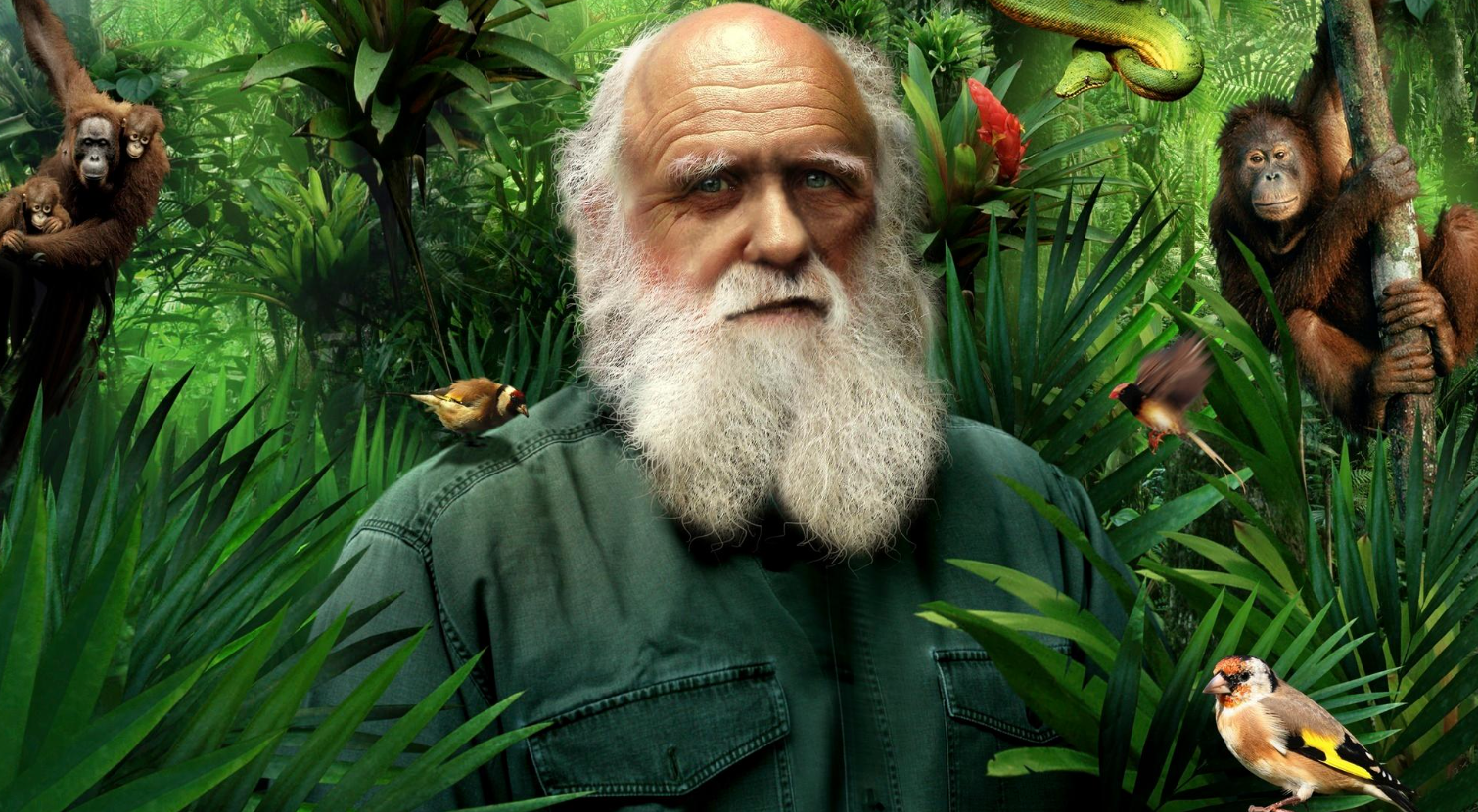 Despite the controversies surrounding his theory of evolution, Darwin's ideas have stood the test of time and continue to shape scientific inquiry and public discourse. His emphasis on evidence-based reasoning and his willingness to challenge conventional wisdom have left an indelible mark on the way we understand the natural world and our place within it.
Despite the controversies surrounding his theory of evolution, Darwin's ideas have stood the test of time and continue to shape scientific inquiry and public discourse. His emphasis on evidence-based reasoning and his willingness to challenge conventional wisdom have left an indelible mark on the way we understand the natural world and our place within it.
In conclusion, Charles Darwin's legacy is multifaceted and far-reaching, encompassing his contributions to science, philosophy, literature, and ethics. His theory of evolution by natural selection revolutionized our understanding of life on Earth and continues to inspire curiosity, debate, and exploration. As we celebrate Darwin's achievements, we recognize him not only as a towering figure in the history of science but also as a visionary thinker whose ideas continue to resonate and evolve in the 21st century and beyond.






























































